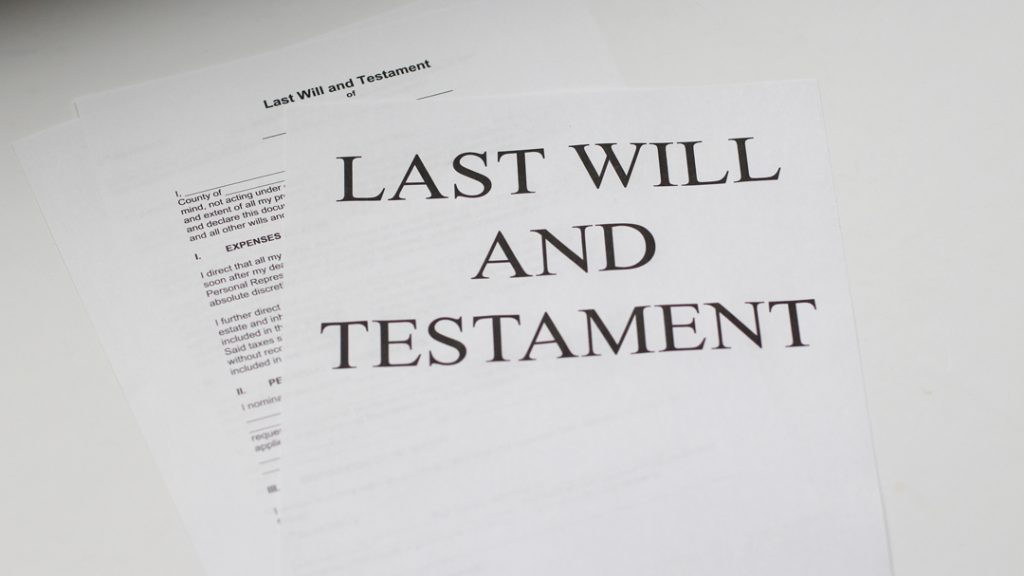Estate planning can be tedious, and it’s rather intricate. Given all that, if any mistake is made in an estate plan, it has to be found quickly. When an estate plan is executed, the testator is already deceased. That means any ambiguities or errors can’t be clarified with the source. This can be particularly troublesome when heavy property division is involved.
Make Sure to Pick the Right Estate Executor
When a person takes on the role of executor when it comes to wills and estates, they have a lot of duties on their plate. Things can get extremely tiring rather quickly. When people write their wills, they need to work with executors, so they know what they’re getting into. It would be counterproductive to end up with an executor who doesn’t get the job done right. Worst of all, the beneficiaries’ interests could end up being affected negatively.
Sometimes, executors are unaware of their role until the need arises. In those cases, they are able to decline the executorship. When that happens, things will likely get thrown into a state of chaos. Will-writers can help prevent this situation by getting the executor/s to accept before they’re appointed in the will. Naming alternate executors is a good rule of thumb as well.
Read on for two of the most common mistakes to be avoided during estate planning:
Not Appointing Legal Guardianship of Children
There are cases wherein parents don’t name a guardian for their children in the will. When that happens, a decision on who takes guardianship is made by the courts based on their own opinion. The chances of both parents dying before their child or children are 18 is rare. However, no matter how rare it may seem, it’s still a possibility. That’s why it’s important to be prepared just in case. Parents should be able to name a person they trust wholly to be responsible for their child or children of minor age.
Not Reviewing and Updating the Will Regularly
Some people like to plan ahead, and that includes preparing a will early on. While that’s generally a good plan, a lot of things can happen over the course of a person’s life. Many of those will require the will to get revised. This could be inheritance, childbirth or adoption of a child, buying a house and/or car, and investing in a property such as an apartment building. A relevant life change will also require the will to be modified. These events can include marriage, divorce, or potential beneficiaries being born or passing away.
Changing an estate plan can be done in two ways. One is through the writing of an entirely new will, and the other is through codicil preparation. The latter is recommended for simple changes. When the changes are complex because of highly significant life events, a new will is in order.
Conclusion
It is never too early to prepare a last will and testament. However, there are typically changes that occur in life that require a full rewrite or a codicil. Avoid common mistakes like not reviewing and updating the will regularly and not appointing legal guardianship of children.
In need of a reputable wills and estates lawyer? Contact Dreyer and Associates Lawyers today! We are committed to preserving the best interests of families across the Fraser Valley and the Lower Mainland.





